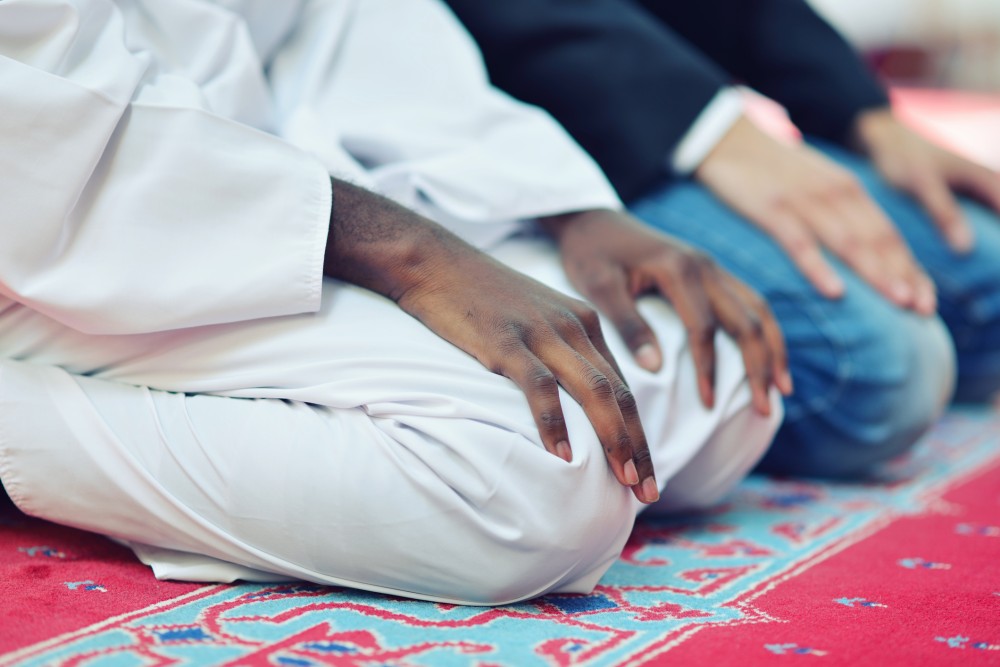Who gets to define American Muslim identity?
Muslims have become a totem in the culture war. But we have our own ideas.

The various groups that were drawn (or in some cases, dragged) to the United States have themselves been made up of a variety of smaller identity groups: Italian Catholics and Irish Catholics; Polish Jews and German Jews; Latinos from Guatemala and Latinos from Brazil. If, to paraphrase Walt Whitman, the poetical nature of the United States is determined by the dynamics of engagement between those identity communities, then there is also American poetry to be drawn from such dynamics within those communities.
No nation has a Muslim community that is more ethnically, racially, or theologically diverse than the United States. For many years, these various Muslim groups created separate spaces, such as mosques, schools, and community centers. Those who were less ritually observant often found no space at all. But the era of Islamophobia has forced them all together and raised fascinating questions about what it means to be American, what it means to be Muslim, and who gets to define the identity of American Muslims.
Consider the case of Aziz Ansari, a highly successful actor, writer, stand-up comic, and director born to Indian Muslim parents. He hosted Saturday Night Live the day after Donald Trump’s inauguration. While he is not by his own admission the least bit observant as a Muslim, when he appeared on one of the biggest stages in American life, on the second day of Trump’s presidency, he chose, as the hip-hop kids say, to represent.




